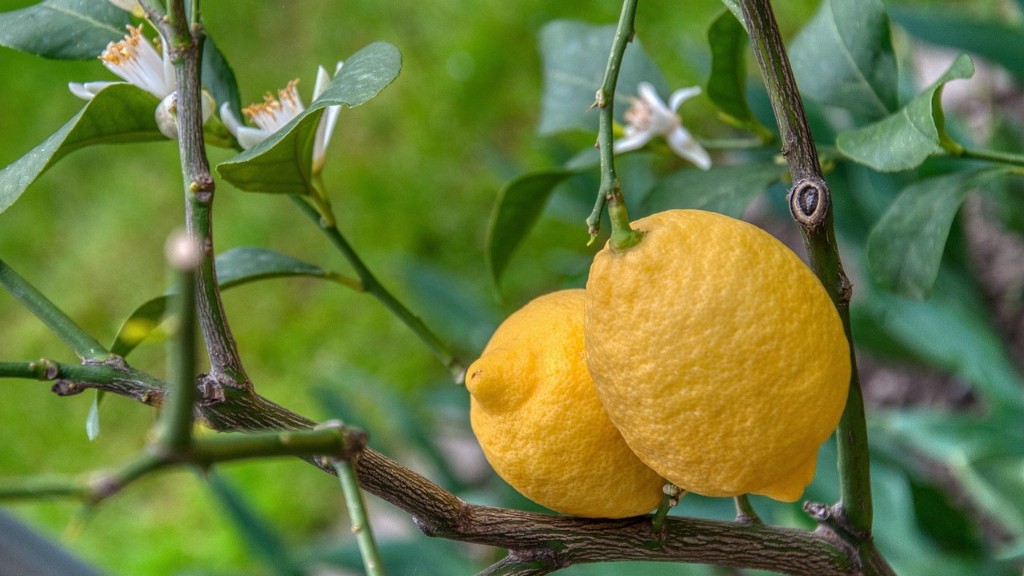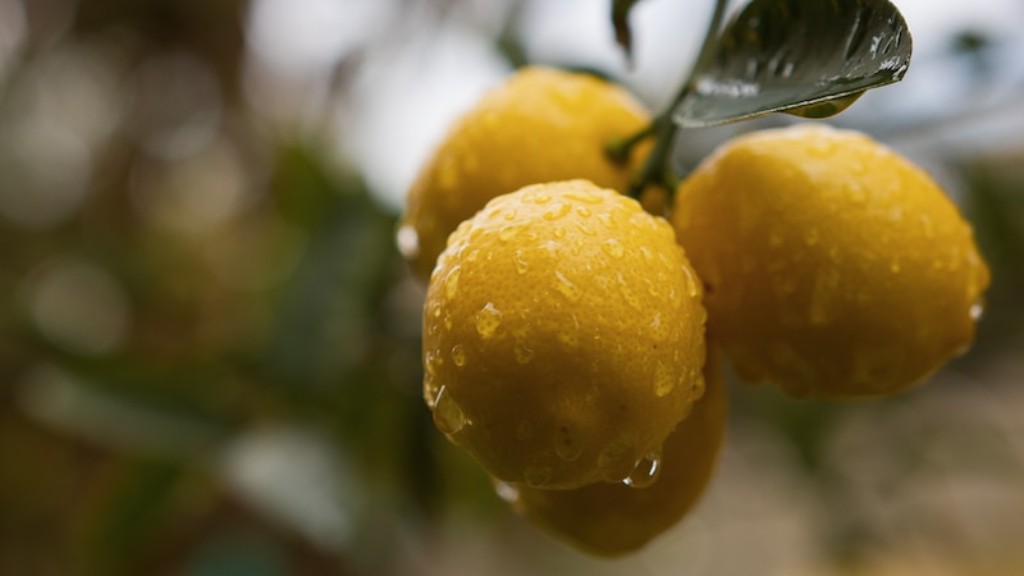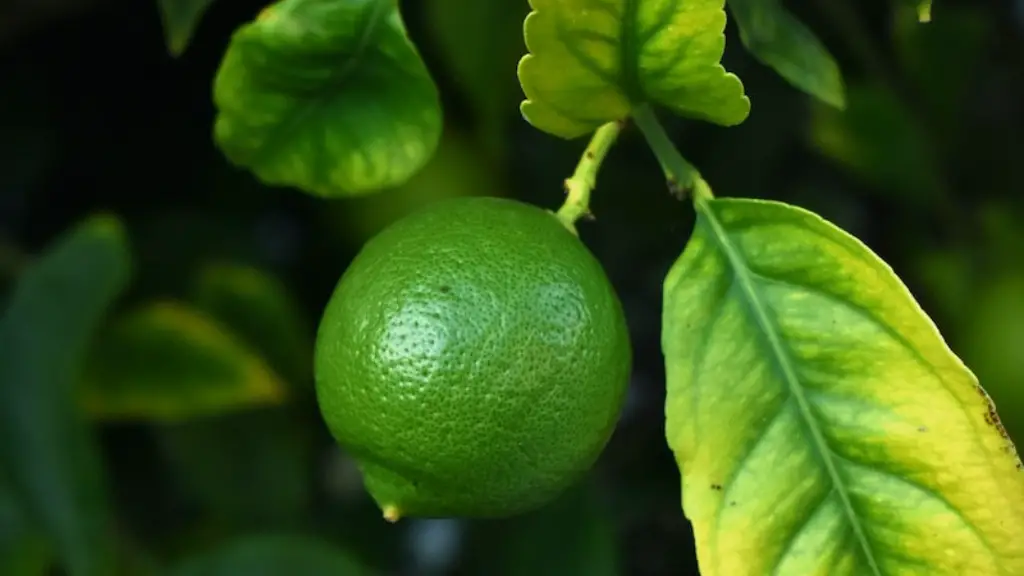A potted lemon tree is an attractive and useful addition to many homes. Unfortunately, if it is dropping leaves, it can suffer from serious health problems, which can lead to poor fruit production and even death. In this article, I will discuss some potential reasons why a potted lemon tree is dropping leaves so that you can take the proper steps to address the issue.
The most likely reason for a potted lemon tree dropping leaves is a lack of light. When indoors, lemon trees usually require 12-14 hours of direct sunlight each day to remain healthy. It is important to provide as much natural light as possible, while also supplementing with artificial lighting if necessary. Additionally, be sure to rotate the pot occasionally to ensure even sunlight exposure.
Overwatering is another potential cause of leaf dropping. Lemon trees like access to moisture, but overwatering can lead to root rot. To prevent this, make sure to water your tree only when the topsoil is dry. And, if necessary, install a drainage hole in the pot so that excess water can escape.
Temperature is also an important factor in lemon tree health. The optimal temperature range is 65-75°F. Too much heat or too much cold will cause the tree to reject its leaves. Also, fluctuating temperatures can be damaging as well. If you live in a warm climate, try to keep the tree shaded from direct sunlight and make sure that it is not near an air conditioner or heater.
Fungal infections can also cause leaf drop. Monitor the underside of leaves for signs of fungal damage, such as discoloration. If present, you may be able to treat it with an appropriate fungicide. If the infection is severe, you may need to discard the affected plant.
Finally, pests are a common cause of leaf drop. Check for signs of aphids, mealybugs, spider mites, and scale. If any pests are present, treat the tree with a solution of water and insecticidal soap. You may also want to isolate the tree from other houseplants if necessary.
In summary, there are a variety of potential causes of leaf drop in potted lemon trees, including a lack of light, overwatering, temperature fluctuations, fungal infections, and pests. In order to restore health, you should address the underlying issue promptly. With proper care, your lemon tree should stay healthy and continue to provide you with fresh, delicious lemons.
Lack of Fertilizer
Fertilizer is another common cause of leaf drop in potted lemon trees. If your soil lacks the essential nutrients needed for healthy tree growth, the foliage may start to yellow and drop. To address this issue, you will need to apply a balanced fertilizer once per month during the growing season. This should be supplemented with additional calcium, potassium, and magnesium as needed.
Also, be sure to mulch the soil around the tree. This will ensure that the soil maintains its fertility and moisture. In addition, it will help to control weeds and protect the roots from harsh temperatures.
Finally, you may want to consider supplementing the soil with a slow-release fertilizer, such as fish emulsion or liquid humates. These fertilizers will provide a steady source of nutrition, which can help prevent leaf drop.
Soil Quality
It is also important to ensure that the soil you use for your potted lemon tree is of good quality. This means that it should be loose and well-draining, while still retaining some moisture. You can achieve this by mixing sand and organic matter, such as compost or aged manure, into the soil. This will provide the tree with the right balance of nutrition and moisture, making it less susceptible to leaf drop.
Additionally, you should make sure the pot has a drainage hole or two so that excess water can escape. Failure to do so can obviously lead to soggy soil and root rot, both of which can cause the lemon tree to drop its leaves.
Nutritional Deficiencies
Finally, it is worth noting that nutritional deficiencies can also cause leaf drop. If your lemon tree is not receiving all the essential nutrients it needs, it will not be able to produce healthy leaves. To correct this issue, you can either use a specially formulated fertilizer for citrus trees or apply a general purpose one. Either way, make sure to stick to the recommended dosage.
You can also improve the nutrition in the soil through the addition of organic matter, such as compost or manure. Additionally, supplementing the soil with a low-salt solution, such as seaweed extract, can help to provide the tree with trace elements and minerals.
Managing Humidity
Finally, it is important to ensure your potted lemon tree is in a properly humid environment. Lemon trees prefer low to medium humidity, ideally around 40-50%. If it is too high, fungus and other diseases can start to grow, leading to leaf damage and drop. To measure the humidity of your house, use a digital hygrometer.
If it is too low, use a humidifier to raise the moisture level. And, if your home is too humid, use fans or a dehumidifier to reduce the humidity. You should also keep the leaves clean, as this will reduce the chances of fungal problems.



